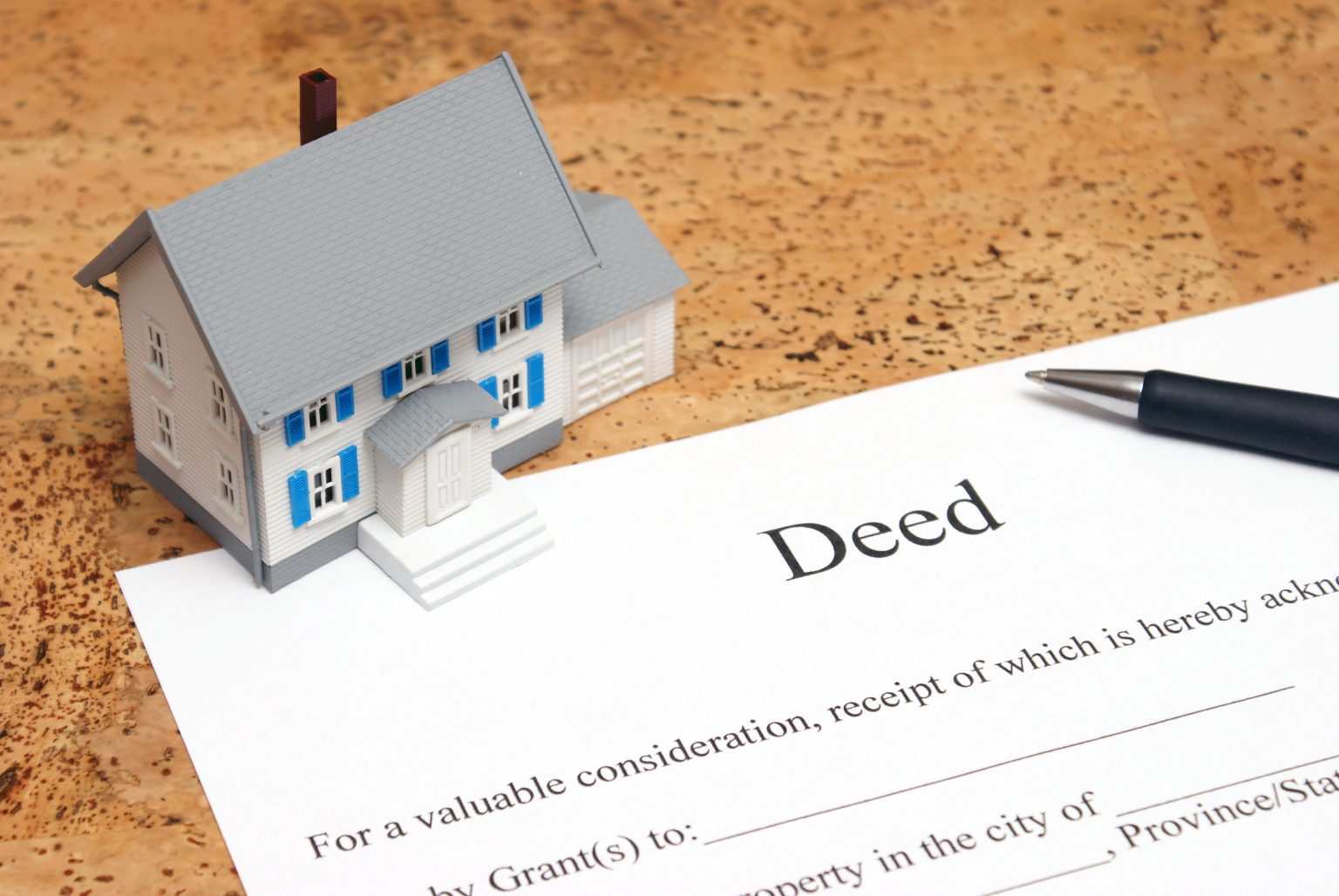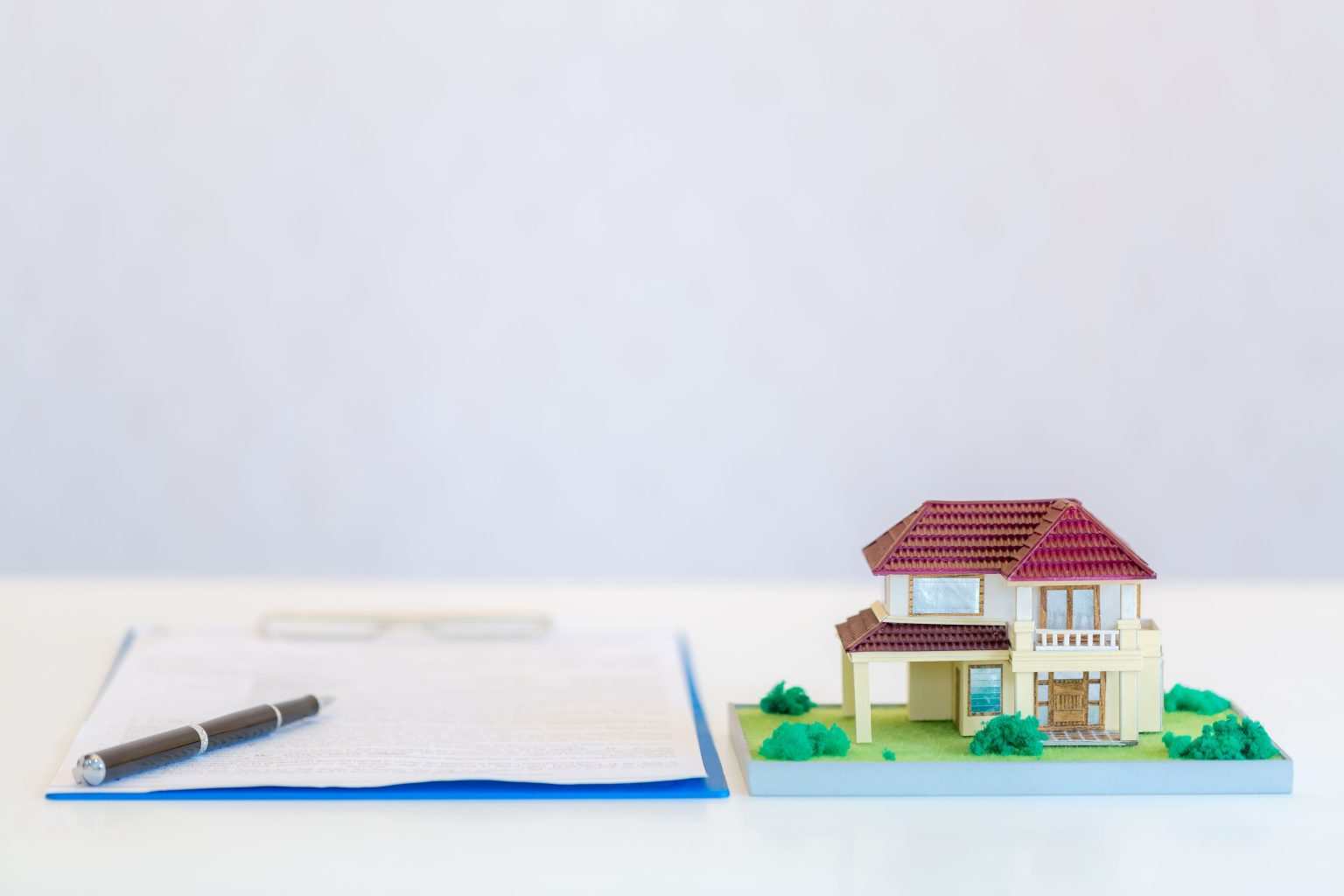Our Blog
Home / Blog
Description
Buying or selling a property is a big deal! But have you ever wondered what makes a property legally yours? That’s where important documents like the title deed vs sale deed come into play. These two might sound similar, but they serve very different purposes.
While the title deed proves who owns a property, the sale deed confirms that the property has been sold and ownership has officially changed hands. Understanding the difference between these two documents is key to making informed property decisions. Let’s dive in and break it down in a simple and easy-to-understand way!
What is a Title Deed?
Title deed and sale deed are both important when it comes to a property ownership. Think of a title deed of property as a certificate of ownership. It’s the official proof that a specific piece of real estate legally belongs to you. This document includes essential details like the property description, the owner’s name, and any legal claims or encumbrances tied to it. Simply put, if your name is on the title deed, the property is legally yours!
A title deed plays a vital role in many property-related transactions. When you are applying for a loan, settling a property dispute, or planning to sell your home in the future, the title deed is essential. Without a valid title deed, proving ownership can become complicated.
What is a Sale Deed?
A sale deed, also known as a deed of sale, is a legally binding document that proves a property has been sold from one party to another. If the title deed is proof of ownership, then the sale deed is the official record of how ownership was transferred. This document is essential in any real estate transaction because it finalises the deal between the buyer and the seller.
Once the deed of sale is signed and registered with the relevant authority, the property legally belongs to the buyer. Without a registered sale deed, the transfer of ownership is not legally valid, which can lead to legal complications in the future.
In simple terms, while the title deed confirms ownership, the sale deed is the document that makes that ownership possible. It’s the final step in buying a property and ensures that the transaction is legally binding.
Key Components of Tile and Sale Deed
To fully understand the difference between sale deed and title deed, it’s important to know what each document includes. Both play crucial roles in property transactions, but they contain different key details. Let’s break it down:
Title Deed
A title deed is all about ownership. It includes:
- Owner’s Name – The person who legally owns the property.
- Property Details – A clear description of the property, including its location and size.
- Encumbrances – Any legal claims, loans, or disputes tied to the property.
- History of Ownership – Details of past owners, if applicable.
This document is proof that the person listed on the title deed is the rightful owner. Without it, proving legal ownership can be tricky.
Sale Deed
A sale deed, on the other hand, is all about the transfer of ownership. It includes:
- Buyer and Seller Details – Names and information of both parties involved in the sale.
- Sale Agreement – The terms and conditions agreed upon before the sale.
- Property Details – A description of the property being sold.
- Transaction Value – The price at which the property is being sold.
- Payment Details – How and when the payment is made.
- Signatures and Witnesses – Signatures of both parties and legal witnesses to validate the transaction.
Without a sale deed, the transfer of ownership is not legally valid. That’s why it’s an essential document in any property sale.
By understanding the title deed vs sale deed, you can ensure that your property transactions are legally secure. Both documents serve different purposes, but together they play a crucial role in ensuring property rights are properly recorded and protected.
Core Differences Between Title Deed and Sale Deed
You might still be wondering, ‘What is the difference between sale deed and title deed?’ Let’s dive deeper into the concept of title deed vs sale deed, exploring their purpose and function.
Title Deed
A title deed and sale deed difference lies in their role in property ownership. A title deed includes:
- Proof of ownership
- Property details, including encumbrances
- Legal verification of who holds the property rights
Sales Deed
A sale deed, or deed of sale, is essential in transferring ownership. It:
- Legally records a property sale
- Details of the transaction, including sale price and terms
- Must be registered for ownership transfer to be valid
Unlike a title deed of property, which simply confirms ownership, a sale deed marks the actual transaction that changes ownership. Without a properly executed deed of sale, the property sale is not legally binding. Understanding what is title deed and sale deed helps you ensure clarity in legal property dealings.
Importance in Property Transactions
The right paperwork is inevitable when it comes to buying or selling a property. And among them, title deed and sale deed records matter the most. Both are key to avoiding legal issues and securing your rights. Here is why they are important!
Title Deed
A title deed is important because it establishes ownership and helps in verifying whether the property is legally owned by the seller before a transaction takes place. It is crucial for:
- Legal verification of ownership
- Property inheritance and claims
- Mortgage and loan approvals
Sales Deed
A sale deed is critical because it marks the legal transfer of property from one party to another. It is necessary for:
- Completing a property purchase
- Establishing new ownership
- Avoiding legal disputes regarding property rights
Legal Implications and Necessities of Title Deed and Sales Deed
When it comes to property, paperwork isn’t just a formality. It’s what makes your ownership legal! By having an understanding of the difference between sale deed and title deed, you may avoid trouble down the road. Without proper documents, proving ownership or selling a property can get messy.
Most often a deed of sale functions as the final handshake in a deal. It seals the transfer and makes it official. Meanwhile, a title deed and sale deed help settle disputes, secure loans, and protect your rights as a property owner. That’s why they’re not just important—they’re absolutely necessary!
Similar Blog
Commercial Property: What It Is & How to Invest in 2025
What is Commercial Property?
Residential and commercial are two major categories in the real estate business. A commercial property refers to real estate used primarily for business purposes—not as a place of residence
What Makes a Studio Apartment Right For You?
Studio apartment! If this term is new to you, let’s take a moment to explore what it’s all about. The origins of studio apartments may be traced back to the United States and Japan, where growing populations fueled a need for more compact living spaces. This
Transform Your Apartment with These Minimalist Design Ideas
We all have a desire to make our small apartment feel like a little piece of heaven, don’t we? Many of us cherish a peaceful spot where we feel at ease—even in tough times—and we call that place “home.” Creating a personal oasis through minimalism is a
Work From Home Setup in Apartments
Working from home has become more than a trend—it’s a lifestyle shift. Whether it’s for flexibility, comfort, or necessity, many people now prefer working remotely over commuting to an office. But working from home also means designing a workspace that pro
Discover Modern Fresh Living Apartments in Confident Group
What makes a house SWEET HOME? Everyone will have their own perspective of what a home should look like. But ideally, isn’t home a living space that can cradle all our comforts? Exactly! If you see the housing market today, builders are redefining the home con
Apartment Design: From Concept to Creation
Behind a well-built home is a vision and an imagination that has risen to life. Every feature of an apartment speaks of the craftsmanship and skills honed by an architect and the builders. Creating a basic apartment design is simple, but making it stand out is t







